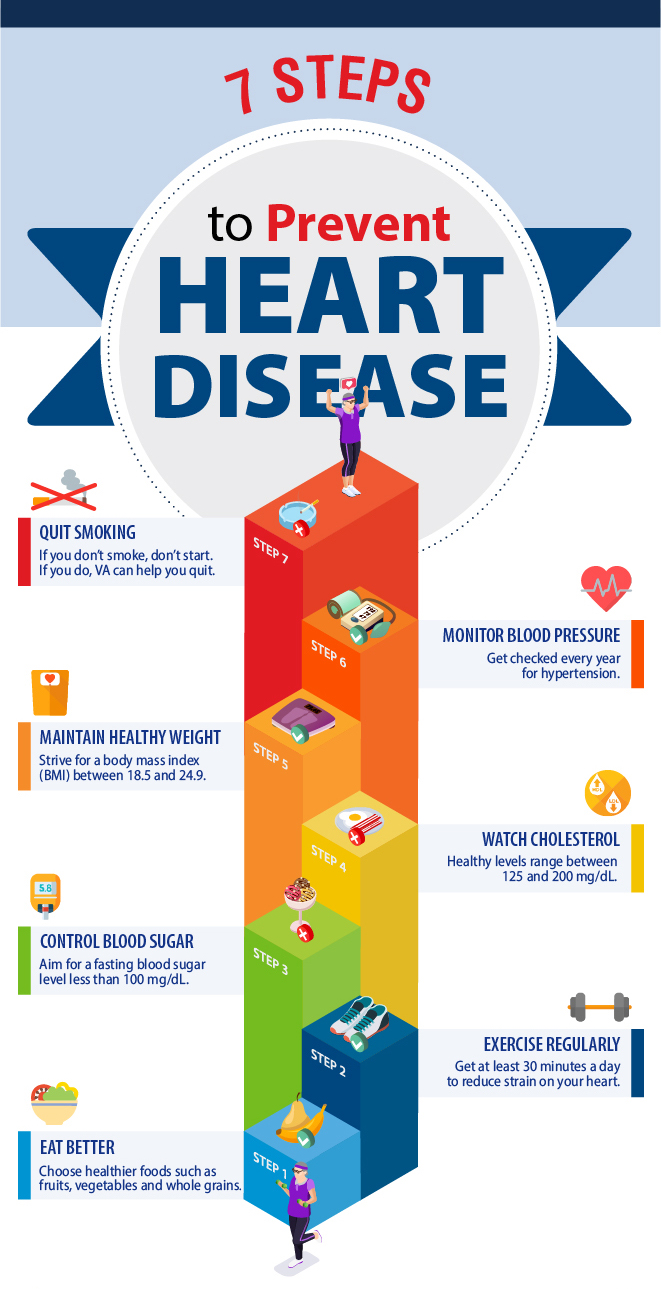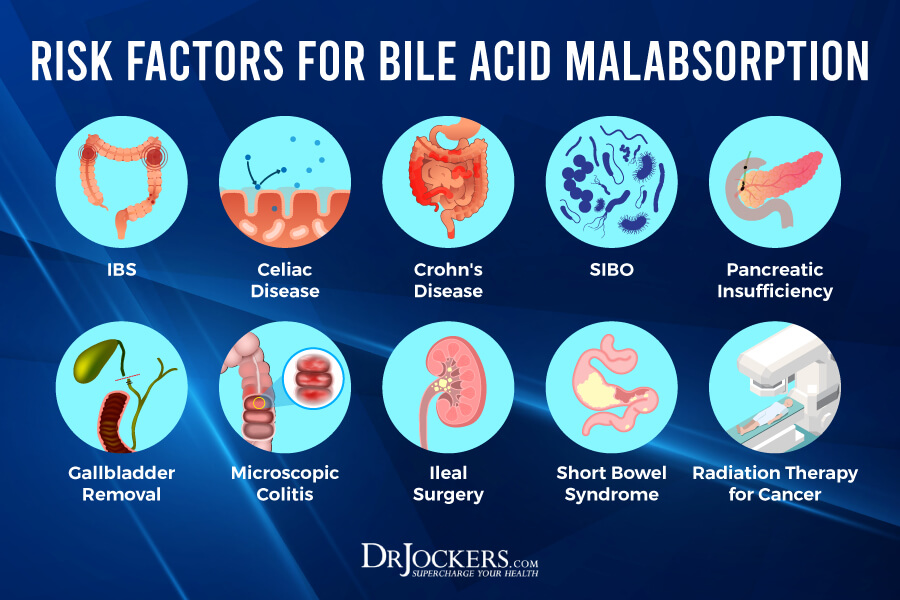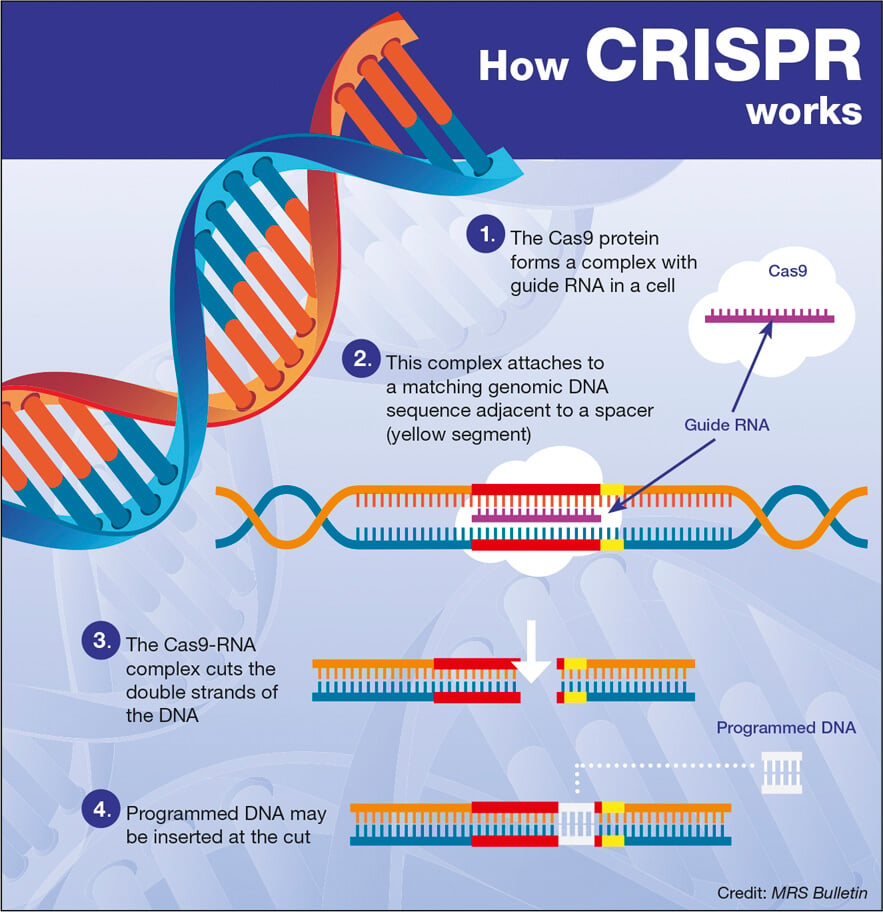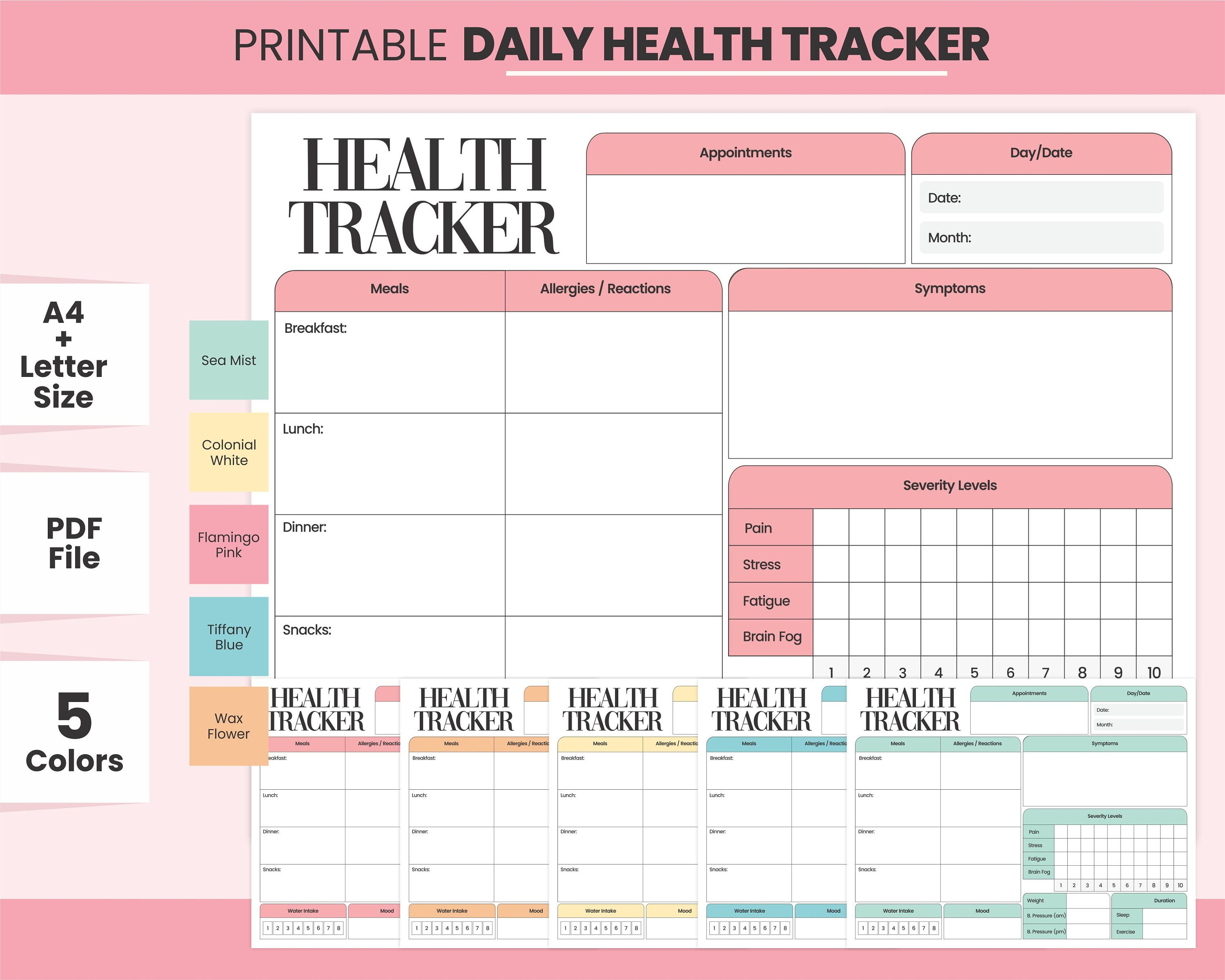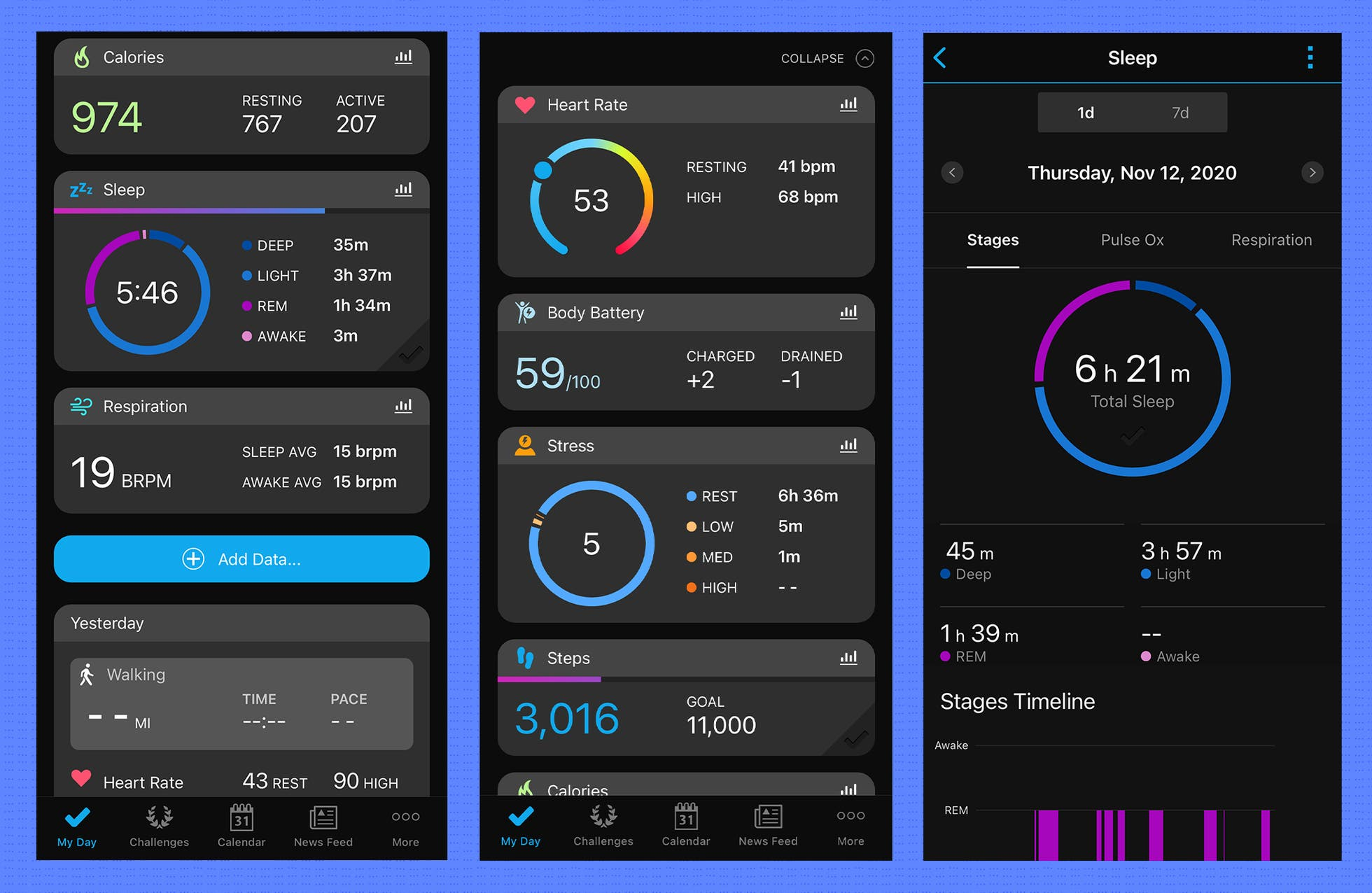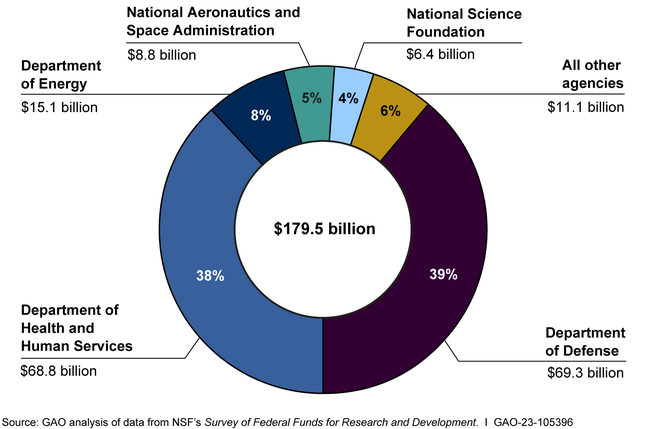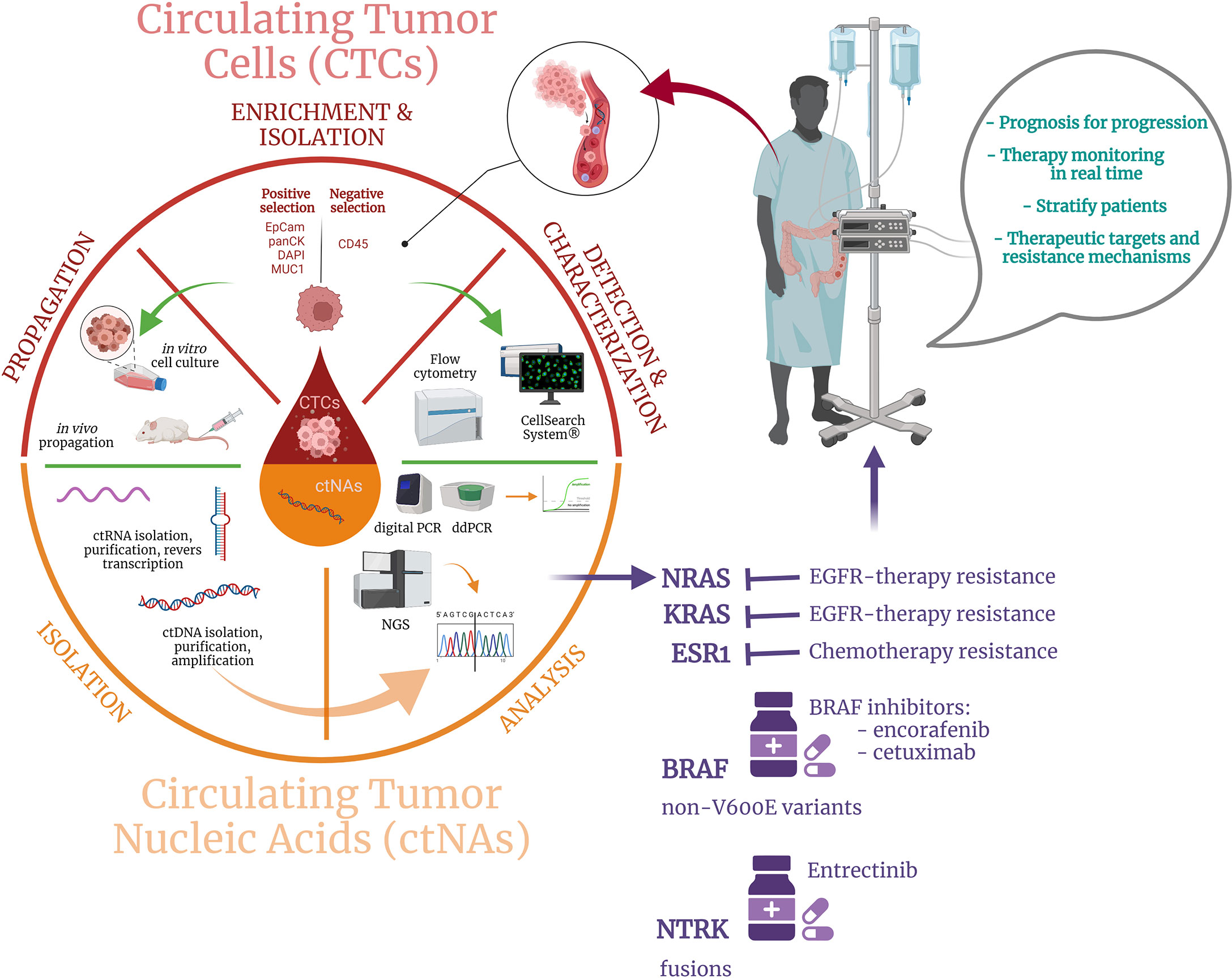Cardiovascular disease prevention is crucial in combating the leading cause of death in America. Despite advancements in medical technology and increased heart health awareness, many patients remain unaware of the significant risk factors for heart disease, leading to a lackluster approach to prevention. Effective cholesterol management plays a vital role in maintaining heart health, yet countless individuals neglect regular check-ups and screenings. Incorporating simple heart health tips into daily routines can dramatically reduce one’s risk of developing severe cardiovascular issues. It is time to prioritize prevention and take proactive measures to prevent heart disease, ensuring a healthier future for ourselves and our loved ones.
In the realm of maintaining optimal cardiovascular wellness, the focus often lies on proactive strategies to shield against heart ailments. Many individuals remain oblivious to the long-term impacts of lifestyle choices on their cardiac health, as the accumulation of various risk components can ultimately lead to severe conditions. Awareness and education surrounding pivotal elements, such as cholesterol levels and the importance of regular health assessments, are essential for realizing a path to better health. Embracing alternative methods for fostering heart well-being, including holistic views on dietary habits and physical activity, can lay the groundwork for effective heart disease prevention. Moreover, raising awareness about the need for vigilance and timely action is fundamental to transforming public perceptions around heart health.
Understanding Cardiovascular Disease Prevention
Cardiovascular disease prevention is crucial, considering it remains the leading cause of death in the United States. Awareness and proactive measures can significantly reduce the risk of developing heart disease. Experts emphasize the importance of regular check-ups, healthy eating, and lifestyle modifications. Simple health choices, such as maintaining a balanced diet low in saturated fats and high in fruits and vegetables, can help manage cholesterol levels and promote heart health.
Moreover, prevention involves understanding and addressing risk factors for heart disease, including high blood pressure, diabetes, and obesity. Engaging in regular physical activity, managing stress levels, and refraining from smoking are essential components of a preventive strategy. By making informed decisions and being proactive about their health, individuals can take significant steps towards protecting their cardiovascular health.
Frequently Asked Questions
What are some effective heart health tips for cardiovascular disease prevention?
To prevent cardiovascular disease, focus on integrating heart health tips into your daily routine. Prioritize regular physical activity, maintain a balanced diet rich in fruits, vegetables, whole grains, and lean proteins, and monitor your cholesterol levels. Additionally, quit smoking, manage stress, and limit alcohol intake to reduce your risk of heart disease.
How can cholesterol management play a role in cardiovascular disease prevention?
Cholesterol management is crucial for preventing cardiovascular disease. Monitoring and controlling LDL (bad cholesterol) levels can significantly lower your risk of heart disease. Lifestyle changes, including adopting a heart-healthy diet and engaging in regular exercise, along with medications when necessary, can effectively manage cholesterol levels and prevent heart disease.
What are the primary risk factors for heart disease that everyone should know?
Understanding the risk factors for heart disease is essential for prevention. Key risk factors include high blood pressure, high cholesterol levels, diabetes, obesity, smoking, physical inactivity, and a family history of heart disease. Regular screenings and awareness of these factors can help you take proactive steps towards cardiovascular disease prevention.
What steps can I take to prevent heart disease at an early age?
To effectively prevent heart disease at an early age, prioritize health education and awareness. Start by knowing your numbers—LDL cholesterol, blood pressure, and BMI—along with maintaining a healthy diet, engaging in regular exercise, and avoiding tobacco products. Routine check-ups with your healthcare provider can also help establish a heart-healthy lifestyle from a young age.
Why is heart disease awareness important for cardiovascular disease prevention?
Heart disease awareness is vital for cardiovascular disease prevention because it encourages individuals to recognize their personal risk factors and the importance of early intervention. Increased awareness leads to proactive health behaviors, such as regular screenings and lifestyle modifications, which are essential to reduce the prevalence of heart disease in the population.
| Key Point | Details |
|---|---|
| Casual Attitude Towards Heart Disease | Many patients do not view cardiovascular disease (CVD) seriously, treating it less urgently than cancer. |
| Lack of Urgent Response | People often postpone dietary improvements and exercise, underestimating the long-term risks of CVD. |
| Need for Awareness and Education | Understanding personal health metrics is crucial; knowing about LDL cholesterol and blood pressure from an early age is important. |
| Advancements in Medical Technology | New techniques like beating heart transplant and endoscopic surgery improve recovery times for patients. |
| Utilization of Navigators | Care ‘navigators’ help patients adhere to treatment and manage prescriptions effectively. |
Summary
Cardiovascular disease prevention is critical as it is the leading cause of death in the United States. Despite advancements in medical technology and awareness, there remains a casual attitude among many patients towards this serious health issue. It is essential for individuals to take a proactive approach to their cardiovascular health by educating themselves on the risks, maintaining regular check-ups, and understanding their own health metrics. With the increasing integration of technology and personalized care, there is hope for improved outcomes in the fight against cardiovascular disease.
